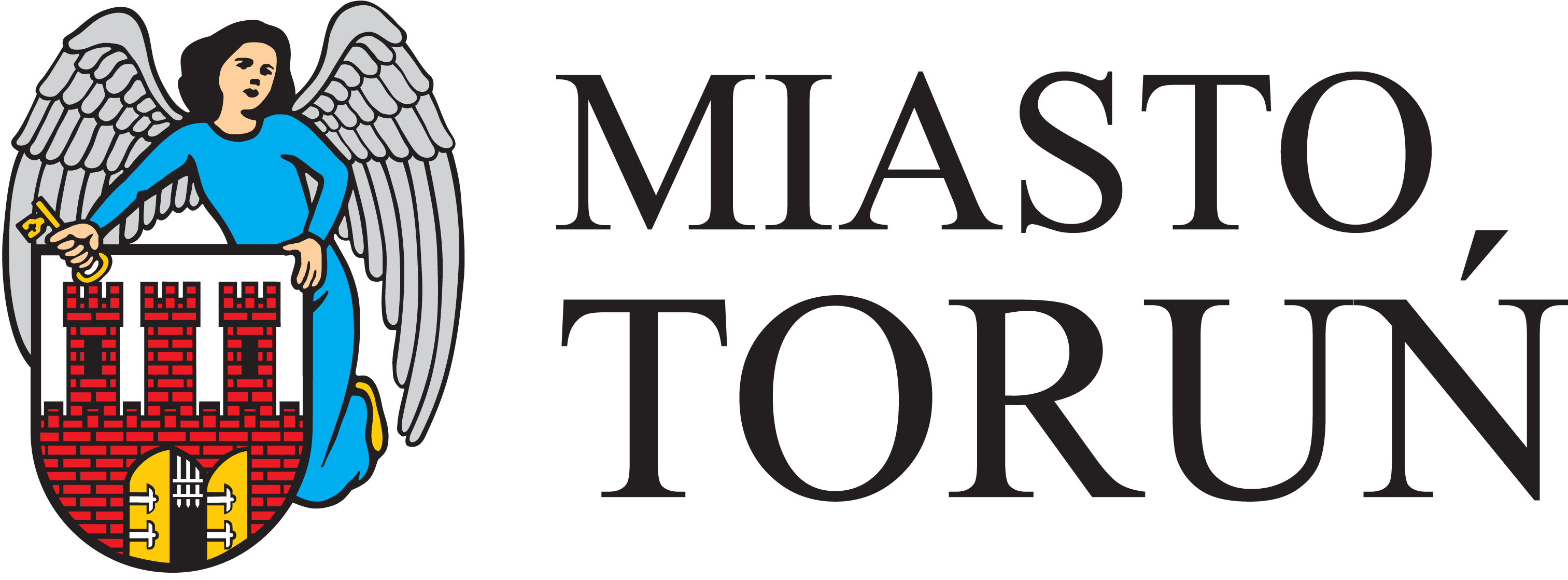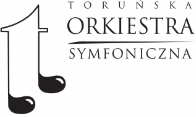Antonio Vivaldi was born on 4 March 1678 in Venice. He was the eldest son of Giovanni Battista, who came from Brescia to Venice in 1666, where he worked as a violinist in a band of St. Mark’s Basilica between 1685 and 1729. Antonio’s father was most probably his first teacher, with whom the young man often travelled, and later replaced him as violinist in the basilica orchestra. Vivaldi was not known as a ‘child prodigy’, so his parents intended him for priesthood. In 1703 he was ordained a priest (due to the colour of his hair he was nicknamed “il prede rosso” – a red-haired priest). In the same year he was appointed a violin professor and chaplain at one of the Venetian orphanages, Ospedale della Pietà for girls (which had an excellent musical ensemble) – an institution with which he was associated on and off for over 35 years. He wrote numerous concertos and vocal-instrumental compositions. His interest in stage music was instilled in him by his father. In 1716 Vivaldi began working with the Venetian theatre San Moisè. Between 1718 and 1720 he stayed in Mantua, where he held the post of maestro di cappella at the court of Prince Philip von Hessen-Darmstadt. His duties then included providing operas for the Teatro Arciducale and cantatas for the court academies. The map of his concert tours included France, and then Rome, Prague, numerous Italian cities and Vienna. In 1740, Vivaldi settled in Vienna. Most probably he did not have the means to return to Venice. It was at that time when his health also declined and he soon died (28 July 1741).
He became famous as a concerto composer; 225 out of 500 were for violin, but he also wrote concertos for other instruments: bassoon (37), cello (27), oboe (19), transverse flute (13), recorder (2), viola d’amore (6), mandolin (1). He created about 90 sonatas, which became an area of formal experimentation. The religious output of the “red-headed priest”, only to mention Gloria and its impressive grandeur, or the oratorio Juditha Triumphans based on an Old Testament motif, is no less attractive. Recently, however, it has been Vivaldi’s operas that enjoy the greatest interest. Out of the 21 surviving works of this genre, the most popular are: Griselda and Bajazet, and recently restored works such as: “L’oracolo in Messenia” and “Hercules in Thermodont”.
Interesting facts:
Vivaldi boasted of his fame and contacts with the mighty people of this world; he often boasted that he wrote his concertos faster than copyists could keep up with transcribing them...
He suffered from asthma – because of it, he was exempt from the obligation to say mass.
Vivaldi fell victim to his “concerto recycling” – Igor Stravinsky claimed that the ‘red-haired priest’ wrote the same concerto 400 times.
He died without ‘a penny to his name’ and was buried in an unmarked grave in the now-defunct cemetery behind the Carinthian Gate (a former burial place for convicts) in Vienna.
Aneta Derkowska, PhD




